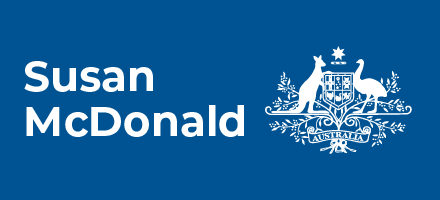GAS REPORT HIDES LABOR’S REAL INTENTIONS
Today’s release of the ACCC Quarterly Gas Inquiry report claims that there will be no gas shortfalls this year, however it hides Labor’s true colours on gas supply.
Shadow Minister for Resources, Senator Susan McDonald, highlighted that the ‘surplus’ of gas on the east coast was in fact due to a decrease in demand as manufactures close Australian operations, rather than increased supply.
Senator McDonald said: “Labor’s so-called ‘Future Gas Strategy’ is actually just a strategy for a future without gas.
“With an 11 per cent fall in gas demand in a single year, the details buried beneath the headline figures of the ACCC’s gas report should be of great concern to gas users and industry.
“Labor’s actions continue to be a boot on the neck of Australia’s gas industry and users.
“The loss of almost 200 manufacturing jobs from Sorbent and Seeley International thanks to gas market issues, and with Qenos’s imminent closure, it is clear Australians are being forced out of work thanks to the continued mismanagement of our gas market by Labor.
“Every Australian who loses their manufacturing job because of gas supply issues can lay the blame squarely at Labor’s feet.
“Unbelievably, the report continues to count the gas from projects that are sitting in limbo as Labor continues to fail to approve them.
“It is disingenuous for Labor to claim that they are bringing new supply to market when they themselves are holding up crucial projects through the approvals process, blocking legislative fixes for offshore gas, and introducing secretive ‘nature-positive’ laws that will grind projects to a halt.
“This drop in demand in just one year should worry every Australian who relies on gas, either to heat their homes, fuel their electricity generation, or as a vital ingredient in manufacturing, as it has become apparent Labor is only focussed on reducing our gas rather than increasing supply.
“Australian prosperity has developed from our expertise in resources extraction. Labor’s reckless indifference and inability to understand the necessary conditions to foster resources investment jeopardises Australia’s future.”
ENDS

